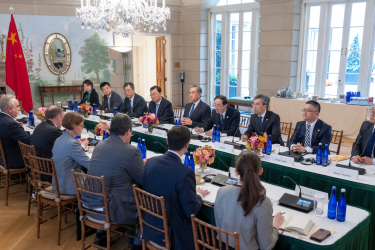British imperialism

Imperialism, repression and resistance: The long war against Kurds in Iran

The ‘multipolar world’: A euphemism to support multiple imperialisms
Political fundamentals and the UK Brexit referendum

Struggle and suffering: The 1946-49 Greek Civil War

Fighters of the Greek Army of National Liberation
The revolutionary legacy of Bhagat Singh: the 'Che Guevara' of South Asia

September 28, 2012, marked the 105th anniversary of the birth of South Asian revolutionary Bhagat
Uganda: How the West brought Idi Amin to power

Some of the victims of the Idi Amin regime recovered by local farmers in the fertile fields of the Luwero Triangle region
Review: `The Muslim revolt: A journey through political Islam'

By
June 25, 2011 -- http://rupensavoulian.wordpress.com, posted at Links International Journal of Socialist Renewal with permission -- Since the September 11, 2001, twin tower attacks, there has been renewed interest in the questions of Islam, political Islamism and jihadism. Books have been published by the truckload, seminars bringing together various political scientists and experts have been held, reams of paper analysing the origins and trajectory of political Islam have been published, and the airwaves resonate with talkback from pundits about the impact of Islam and Islamism in the world. How can one make sense of all this? Where does one begin?
Bahrain and the Anglo-American oil frontier

US President George W. Bush greets vice-admiral Kevin Cosgriff, commander of US Naval Forces Central Command and the US 5th Fleet, at Naval Support Activity Bahrain in 2008. If the Bahrain monarchy falls, the country may cease to host the US Navy.
By Richard Seymour
February 19, 2011 -- Lenin's Tomb -- When, in 1968, the British government announced that Britain's formal protectorate in the Gulf would end in 1971, US planners were anxious and distraught. After Suez, the US had taken the lead in defending Anglo-American interests in the Middle East, but the structure of power in the "east of Suez" was still conserved by the old colonial power. The Persian Gulf states at that time supplied 30% of total oil resources. The reconstruction of Europe, and especially Japan, after WWII was driven by Gulf oil. And the US had no alternative structure of security elaborated for when Britain let go.
